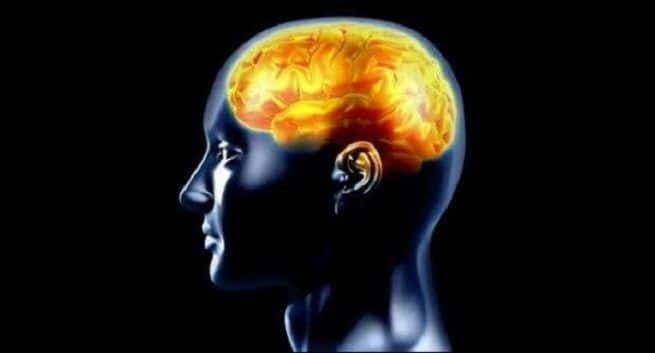
Stress during pregnancy is common, but to combat that anti – depressant is not good for the child. It has been found that wo...

A new research was conducted at the University of California San Diego School of Medicine and was published in PNAS. This study focussed on dependence on oxycodone, a potent opioid painkiller, led to permanent neuro-adaptations of the central nucleus of the amygdala (CeA) at the level of the nociceptin system, a brain-wide network that modulates the transmission of pain.
Downregulation or suppression of the nociceptin system in the CeA led to an increase in activation of GABA receptors in rats highly addicted to opioids. When researchers restored nociceptin levels in the CeA, it resulted in normalization of GABAergic transmission and a reduction of the rats’ opioid consumption.
Senior author Giordano de Guglielmo, PharmD, PhD, assistant professor in the Department of Psychiatry at UC San Diego School of Medicine said: “This suggests the nociceptin system may be a promising target for the treatment of opioid use disorder.” From the experiment, researchers came to the conclusion that downregulation of this peptide may be partially responsible for excessive opioid addiction-like behaviours.
De Guglielmo said several efforts are already underway testing small molecule drugs that target the nociception system, and have produced positive effects in reducing alcohol-seeking behaviours and biology in rats. nociception system Small molecule drugs are already being tested that target the nociception system, and have given positive effects in reducing alcohol-seeking behaviours and biology in rats.
The same formula may offer similar potential therapeutic benefit for opioid addiction.

Stress during pregnancy is common, but to combat that anti – depressant is not good for the child. It has been found that wo...

Most of us suffer from back pain. The reason for back pain can differ in each person. Lower back is basically made of vertebrae of...

Green tea oil Usage: Green tea oil has many benefits. ​ 1. Using green tea oil on your lips you can make your lips soft &...

When your menstrual cycle begins, all you want is something which can lessen the pain and bring a stop to your period as early as ...

5miniute guided meditation for stress is sufficient for health, it keep us healthy nd fresh mind. Also, have some benefits of it ...

We should do exercise in our daily life because this is the way to make our body fit and feel relaxed, some of the more benefits o...

What can I do to get more fit? Any type of regular, physical activity can improve your fitness and your health. The most import...

Natural Remedies For Repair Receding Gums-Receding Gums can be harmful, Painful for Our teeth after some time.Gums can build ...